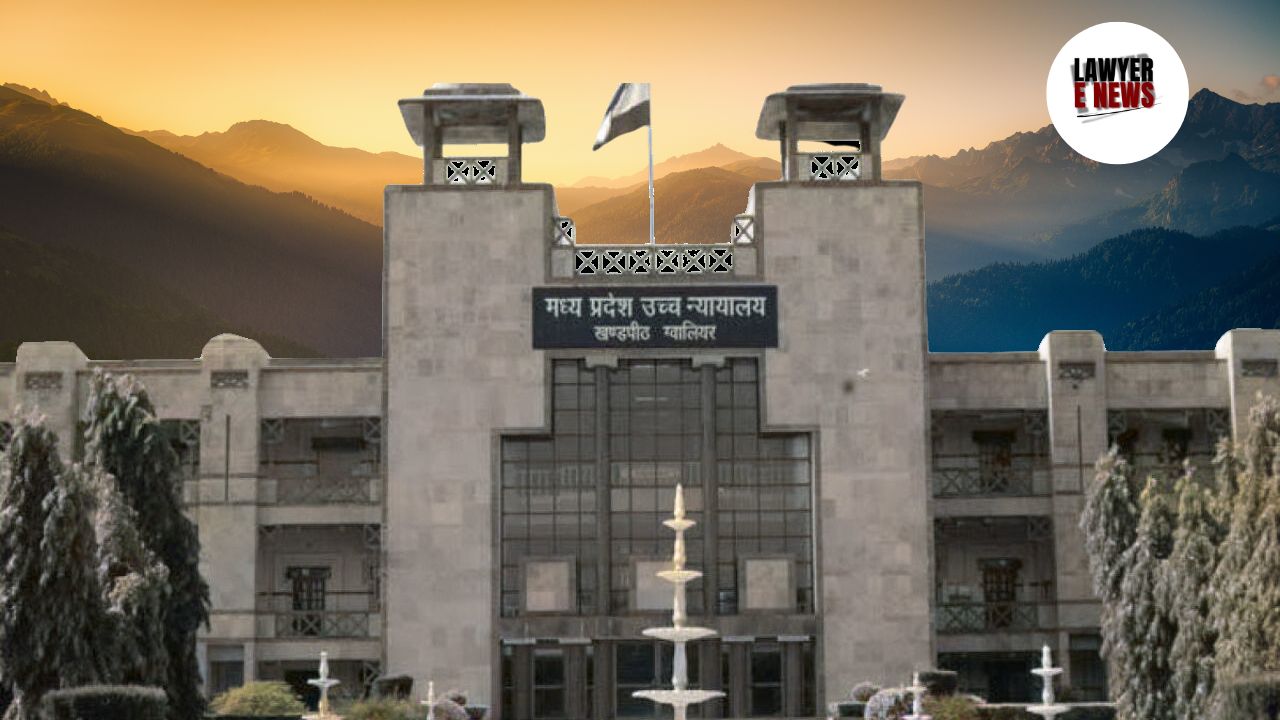-
by Admin
15 February 2026 5:35 AM



Essence Commodities Pvt. Ltd.'s plea rejected for failing to present a substantial question of law - The High Court of Madhya Pradesh at Indore dismissed the review petition filed by Essence Commodities Pvt. Ltd., upholding the previous order which found no substantial question of law in the appeal concerning the Income Tax Appellate Tribunal's (ITAT) decision. The review petition, filed under Section 260A of the Income Tax Act, 1961, sought to challenge the ITAT's handling of cross objections for the Assessment Years 2011-12, 2012-13, and 2013-14.
Essence Commodities Pvt. Ltd., represented by Shri Shailesh Agrawal, contested the ITAT's order which dismissed their cross objections related to income tax assessments for the Assessment Years 2011-12, 2012-13, and 2013-14. The company had filed a cross objection to support the first appellate order, but the ITAT dismissed it, stating that no substantial arguments were advanced in its support. The petitioner then appealed to the High Court under Section 260A of the Income Tax Act, arguing that the ITAT failed to address a substantial question of law. However, the High Court dismissed this appeal on 10.10.2023, finding no substantial question of law. The petitioner subsequently filed a review petition seeking a reconsideration of this dismissal.
The Court reiterated the limited scope of review jurisdiction, emphasizing that a review is permissible only on grounds of discovery of new evidence, an apparent error on the face of the record, or any other sufficient reason. The Court stated, "A review is not a routine procedure. It can be allowed only where a glaring omission or patent mistake or like grave error has crept in earlier by judicial fallibility".
The petitioner argued that their cross objections raised significant legal questions that were not determined by the ITAT. The Court, however, found that the ITAT had indeed considered the cross objections and dismissed them due to the lack of substantial arguments. The bench noted, "No substantial arguments have been advanced in support of the cross objection by the assessee, therefore, the appeals have been dismissed".
The judgment clarified that review proceedings are not meant to rehear and correct an erroneous decision but to address errors apparent on the face of the record. Citing previous rulings, the Court emphasized, "Review cannot be treated like an appeal in disguise. The mere possibility of two views on the subject is not a ground for review".
Justice Sushrut Arvind Dharmadhikari stated, "There is no error apparent on the face of the record warranting interference in the order impugned. The review petition stands dismissed".
The dismissal of Essence Commodities Pvt. Ltd.'s review petition reinforces the stringent standards required for review under the Code of Civil Procedure. The High Court's decision highlights the judiciary's commitment to maintaining the integrity of appellate and review processes, ensuring that only manifest errors or newly discovered evidence can reopen concluded judgments. This ruling sets a precedent for similar cases, emphasizing the limited and exceptional nature of review jurisdiction.
Date of Decision:10th May, 2024
